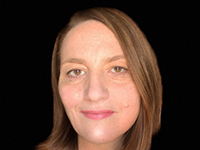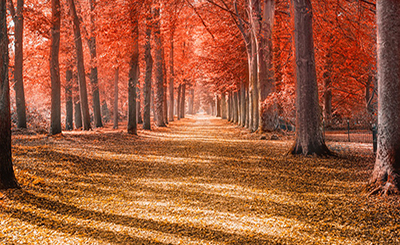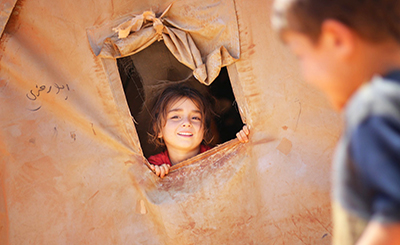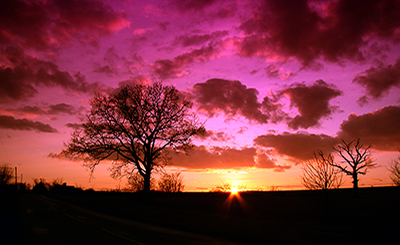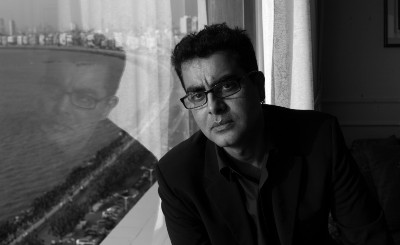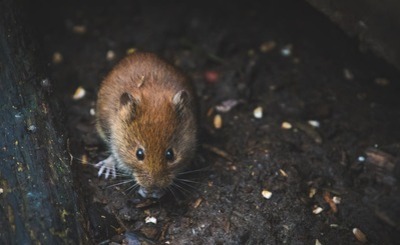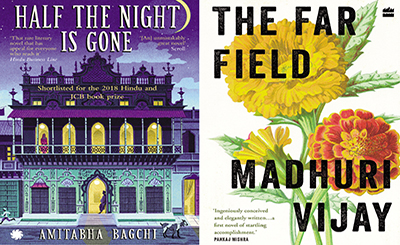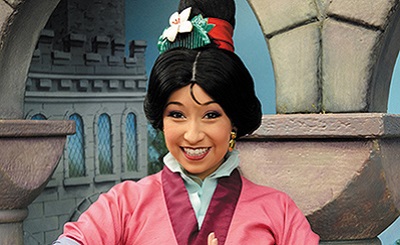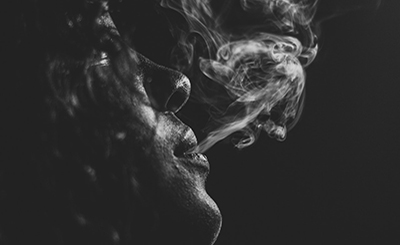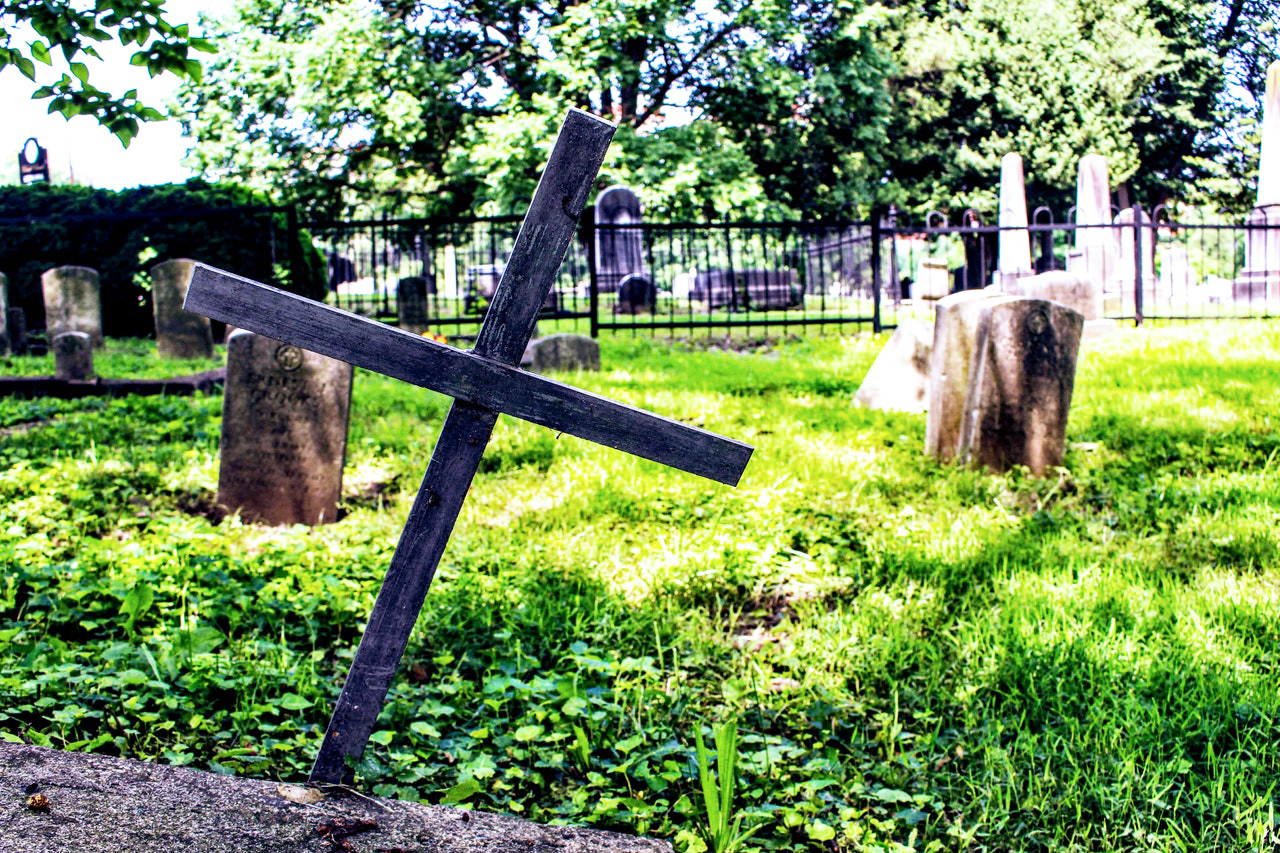
“Do not judge!” the birds seemed to be singing. But as I heard their song, it changed into a lamentation, and then again morphed into a formless twitter of chirps that filled the graveyard. The breeze had ceased, the leaves dared not move, the grass remained yellow, as if by choice, and the stones maintained their stoic attitude as if flaunting their invincibility.
But one of the graves was without a stone. A thin wooden cross, almost leaning to one side, stood at the head, while the rest of the grave laid bare as if in the middle of a desert. It was the only spot in the cemetery that had no green around it, no color, just dirt and the wooden cross.
As I looked from the distance, I felt a shiver go through me and pulled the collar of my coat tighter to my chest. There was no wind, but the cold air didn’t need a push to get through to one’s bones. I kneeled to my uncle’s grave, gently caressed the stone, and placed the bouquet of flowers to the edge of the stone. I poured some wine, broke a cookie into pieces, had one for myself and put another close to the flowers, where the ground was still wet with wine.
“Why are you doing this?” my daughter asked.
She always asked me the same question. It seemed her fascination was never satisfied.
“It’s a kind of a communion.” I said without raising my head. “You know, when we go to church, we partake from the blood and the body of Christ. In a way, we share from the same with those who have gone.”
I stood up and kissed her on the cheek. The sun shone gently on her sharp features and gave her skin a pink tone around the cheekbones.
“Are you cold?” I asked holding her arm tight.
She shook her head.
“Let's go to that grave over there. No dead should be unremembered.” I wiped a tear from the edge of my eye. “Let’s take two flowers from the bouquet here.”
“Did you know the person buried there?” my daughter asked as she picked a daisy and a yellow lily from the bouquet.
“Yes. I did. Very little, but I knew of him.” I said and started walking. The ground was hard. The grass made a crunchy noise, as if choked by each step. I tiptoed, almost afraid to make any more noise, to hurt what breathed, in fear that it would wake those who were not living.
“Mom. Are you all right?” my daughter asked as she followed me through the graves.
I stopped, turned around and waited for her. “Yes. I am. Just distraught a bit.” I grabbed her arm, and we walked together. “Visiting someone who has died is a holy responsibility. Nature calms herself before the dead. You see, there was a hurricane two days ago, and yet, the branches that have fallen here seem to be in order. The graves are undisturbed, along with the traces of those who visited, who left a piece of their life with the dead — for that’s how the dead are remembered, with life.”
We stood in front of the grave. My daughter put down the flowers and looked at me surprised.
“He’s been here for two months.” She spoke in disbelief.
“Yes.” I said and lowered myself to put some wine and leave a piece of the cookie.
“Does he have a family?” my daughter asked.
“Yes. He has a wife and two young sons.” I said almost whispering. My voice denying me any response I could give.
“He was young.” She observed the text on the cross. “Dragan Yovkov. December 1970 – June 2018. Two years younger than you.” She said in a murmur. “Where was he from? How do you know him?”
I did not respond but tried to straighten the cross, which was immovable. I surrendered to the cold and left it like that, leaning to one side, caressed the frosty dirt, and said to the cross, “Please remember him in your kingdom, o God.” I then got up and patted my hands together to shake the dust off. I looked at my daughter. I knew she was waiting for an answer, and she also knew to be patient and that I would speak. She knew my habit of putting my thoughts in order before answering anything. We headed to the car.
“He was from Varna.”
“Oh, like us.” She interrupted.
“Yes, like us. He came here with his wife, then his girlfriend. His wife is a distant cousin of mine and I remember conversations from my grandmother, how the two of them eloped, because their parents did not want them to be together. When they came in the US, they did not have any papers. It took them ten years to become legal immigrants.”
I opened the door to the car and got in the driver’s seat. My daughter got on the other side and we stood there motionless, as if the car would turn on by itself. I couldn’t just leave. I turned to my daughter and continued.
“Her parents joined them in their sixth year here, or somewhere there. They had won the American lottery, so they came here legally. They lived together until two years ago.”
I stopped and looked in the distance. The window glared in the sun and I couldn’t see the graves or the trees. The birds’ songs, however, made it in the car and it felt like we were inside a sound that echoed something from another world. My daughter looked at me attentively and waited.
“We visited them when you were little. They used to live in Lock Haven, just an hour’s drive from here.”
“Oh, I remember. Their house was near a brook.” My daughter said with a smile, which reminded me to smile, too.
“Yes, that’s them.”
“I remember the boys, too. The youngest was four and the oldest was six. You left me with them to watch The Backyardigans. They must be in their pre-teens!” she exclaimed almost joyfully.
“Yes. Yes.” I said and remained silent for a few seconds. I breathed and continued. “He had worked so hard and had managed to make enough money to buy the house. They all lived together. He provided for his in-laws as if they had never denied him his love.”
“I don’t remember Dragan, though. Was he there when we visited?” She interrupted. Her voice changed.
“No, he wasn’t. He was working. Always working, until the diagnosis.” I held the wheel with my both hands as if I needed to balance myself.
“What was his diagnosis?” my daughter asked, and gently put a strand of my hair behind my ear. Her eyes inquiring.
“Progressive Bulbar Palsy.” I said and lowered my head as if guilty of what I just uttered. “It’s a horrible disease. It robs the body, but the mind is perfectly unaffected. It’s almost a curse, for one sees their body deteriorate, while their mental acuteness is sharp and aware of all that’s going on. To accept that kind of ruin that the body goes through, the certain death at the end of the road, and to be abandoned...” I stopped.
My daughter’s eyes implored me. “What do you mean abandoned?” she said.
“In the second year of his illness, his wife...” I stopped briefly and shook my head, “and her parents, moved him to a hospice.” I shook my head again. “He did not see his sons in the last months of his life.”
I put the key in the ignition and stood with my hand ready to turn the car on but didn’t.
“His payback for supporting his family was abandonment. His wife was finally persuaded by her parents to leave him and left him when he needed her most. He was denied his children and the peace one needs before saying good bye to life. His grave lays bare, no flowers, no crumbs for the birds, no wine, or even water for grass to color the dirt with any sign of existence.” I looked into the bright glare and then turned my head to my daughter. “It’s obvious, he’s never been visited by anyone. She was supposed to have loved him. At least that’s what was assumed when they eloped. But... I don’t know. Perhaps she did love him but was too weak at the same time. Who knows! I only know what I see, and I feel pain to the point of shame. You know how I grew up. My grandmother taught me to honor the dead and took me with her every time she visited the cemetery. She would lament the departed, remember their life and tell them about what was going on. They were gone, but not alone, not forgotten, not abandoned. She was not a professional mourner, but she spoke to them with compassion and sorrow.”
I turned on the car. The birds could not be heard anymore. The gentle humming of the motor turned off the chirps as if asking me to conclude my speech, as well. But there was nothing else to say. I made up my mind to remind myself to buy two bouquets the next time I visited. The only thing I could do at that point was to judge myself and to remember a life that had been remote to mine, but whose death demanded my memory.
(This story was part of April issue, which was delayed due to the pandemic and released in July)
More from The Byword
Comments
*Comments will be moderated



